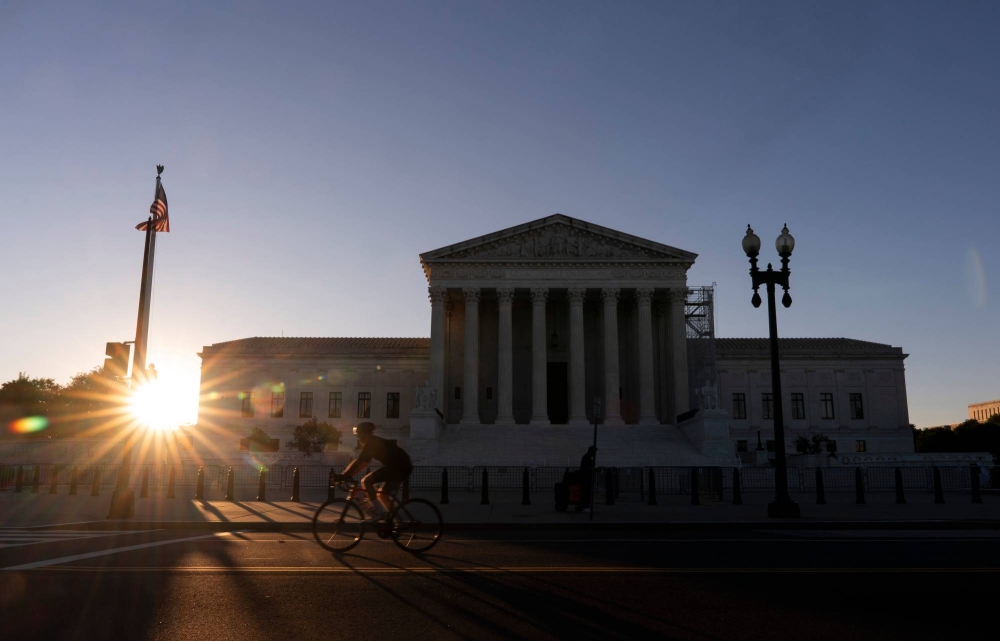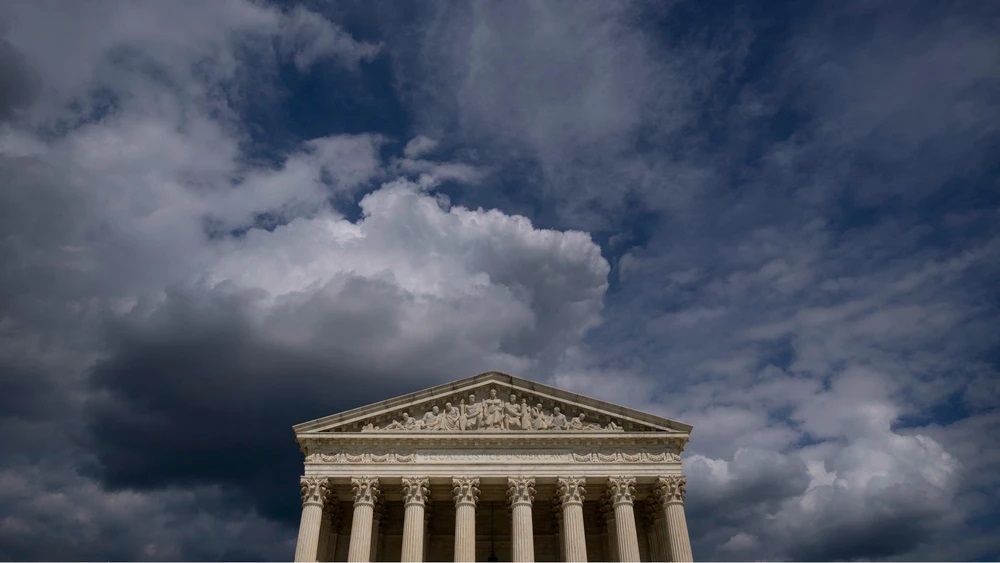Recent limitations set by the Supreme Court on the regulatory authority of federal agencies are influencing the tax landscape, potentially shifting certain legal battles in favor of large corporations rather than the government.
In at least five ongoing tax cases, including those involving FedEx and 3M, judges and attorneys have referenced the June ruling in Loper Bright Enterprises v. Raimondo, which dismantled a longstanding framework known as the Chevron doctrine that guided judicial review of regulations.
This Supreme Court ruling restricts the level of deference that courts extend to agency efforts in interpreting ambiguous legislation. It signals a transformation in the power dynamics of federal regulators, with implications for environmental, technology, and securities regulations.
Specifically regarding tax matters, the decision could jeopardize IRS regulations concerning cross-border transactions, electric vehicles, partnership audits, estate taxes, and stock buybacks, as noted by tax attorneys. The outcomes of challenges to IRS regulations remain uncertain at this stage.
Additionally, this ruling will influence the strategy of the Biden administration, which is working to finalize several key regulations, including those designed to combat corporate tax evasion, implement a minimum tax for large corporations, and set requirements for hydrogen producers seeking tax credits.
The Loper Bright Ruling
The Loper Bright Ruling marks a continuation of a 15-year trend that has diminished the authority of the Treasury Department and the IRS.
Historically, tax regulations were viewed as separate from those of other agencies, owing to the intricate nature of the tax system and the specialized knowledge possessed by the IRS and Treasury. Previous tax regulations often featured vague justifications and limited responses to public feedback, which courts typically upheld without question.
However, both judges and taxpayers have raised concerns. In response, the Treasury Department has begun to issue longer, more comprehensive statements that address public comments and clarify its rationale.

Looking ahead, the Treasury may further enhance its transparency by explicitly detailing how it formulates rules based on the tax code and the authority granted by Congress.
While many tax regulations are generally accepted and sought after by businesses and tax professionals for the clarity and certainty they provide, attempts by the government to curb perceived abuses often attract significant criticism.
Given the substantial financial implications, litigation has become a viable option for taxpayers, making challenges to the legitimacy of regulations a common strategy employed by tax attorneys.
You may also like: IRS Warns about a New Scam Related to Clean Energy Tax Credits
Emerging Initial Cases: FedEx & 3M
The initial cases are starting to surface, potentially providing tax attorneys and government officials with insights into judicial trends following the application of Loper Bright.
A judge from a Tennessee district court has solicited feedback from FedEx and the government regarding the implications of the Loper Bright case on a previous ruling that invalidated a foreign tax credit regulation.
Meanwhile, legal representatives for 3M have urged an appellate court to evaluate whether the IRS exceeded its jurisdiction by taxing the company’s income generated in Brazil.
In a similar vein, attorneys for Tribune Media have requested that an appellate court assess whether the IRS overstepped its bounds in exercising its general anti-abuse authority in a case related to the sale of the Chicago Cubs.
Additionally, the Supreme Court has directed the D.C. Circuit Court of Appeals to revisit a ruling that upheld the tax whistleblower regulation.
A group opposing Obamacare, which advocates for a balanced budget amendment, is challenging IRS regulations concerning nonprofit political involvement and has referenced Loper Bright in a recent submission to the U.S. District Court in Washington.
What Tax Experts Are Saying
Kristin Hickman, a Law Professor at the University of Minnesota, noted that the Loper Bright decision grants judges considerable discretion to rely on agency interpretations, even if they do not explicitly label it as deference.
Tom West, who served as Deputy Assistant Secretary of the Treasury until earlier this year, indicated that officials had already anticipated that courts would not fully defer to them, based on a Chevron-related precedent that has now been overturned by the Loper Bright ruling.
West also pointed out that rapidly drafted legislation, like the Inflation Reduction Act of 2022, often lacks substantial legislative history and leaves important terms ambiguous, compelling Treasury officials to utilize their expertise to clarify these issues.
Chye-Ching Huang, Executive Director of the Tax Law Center at New York University, expressed concern that the Loper Bright ruling will empower judges in the realm of tax regulations, a development that warrants caution.
“Judges will need to familiarize themselves with tax law to ensure their decisions do not inadvertently lead to negative consequences,” she remarked.

